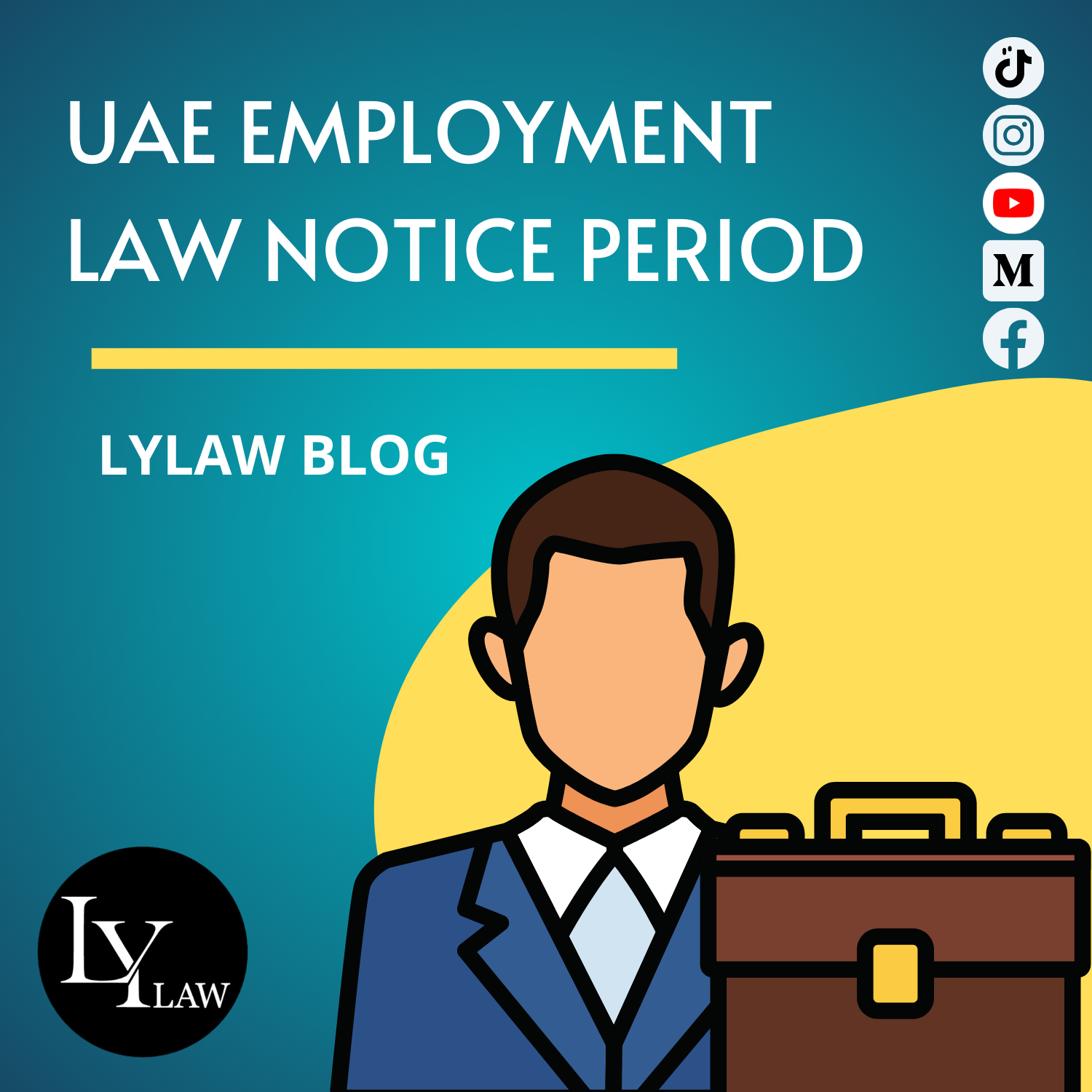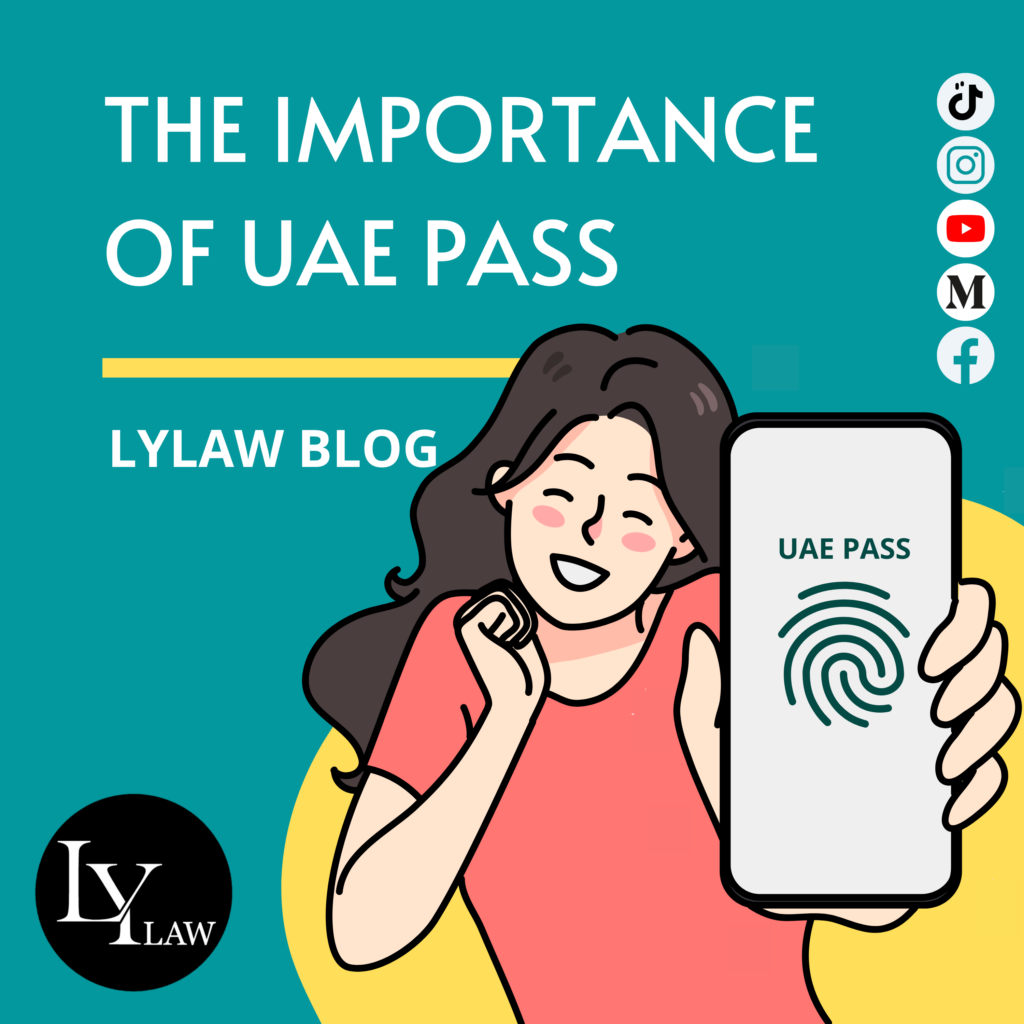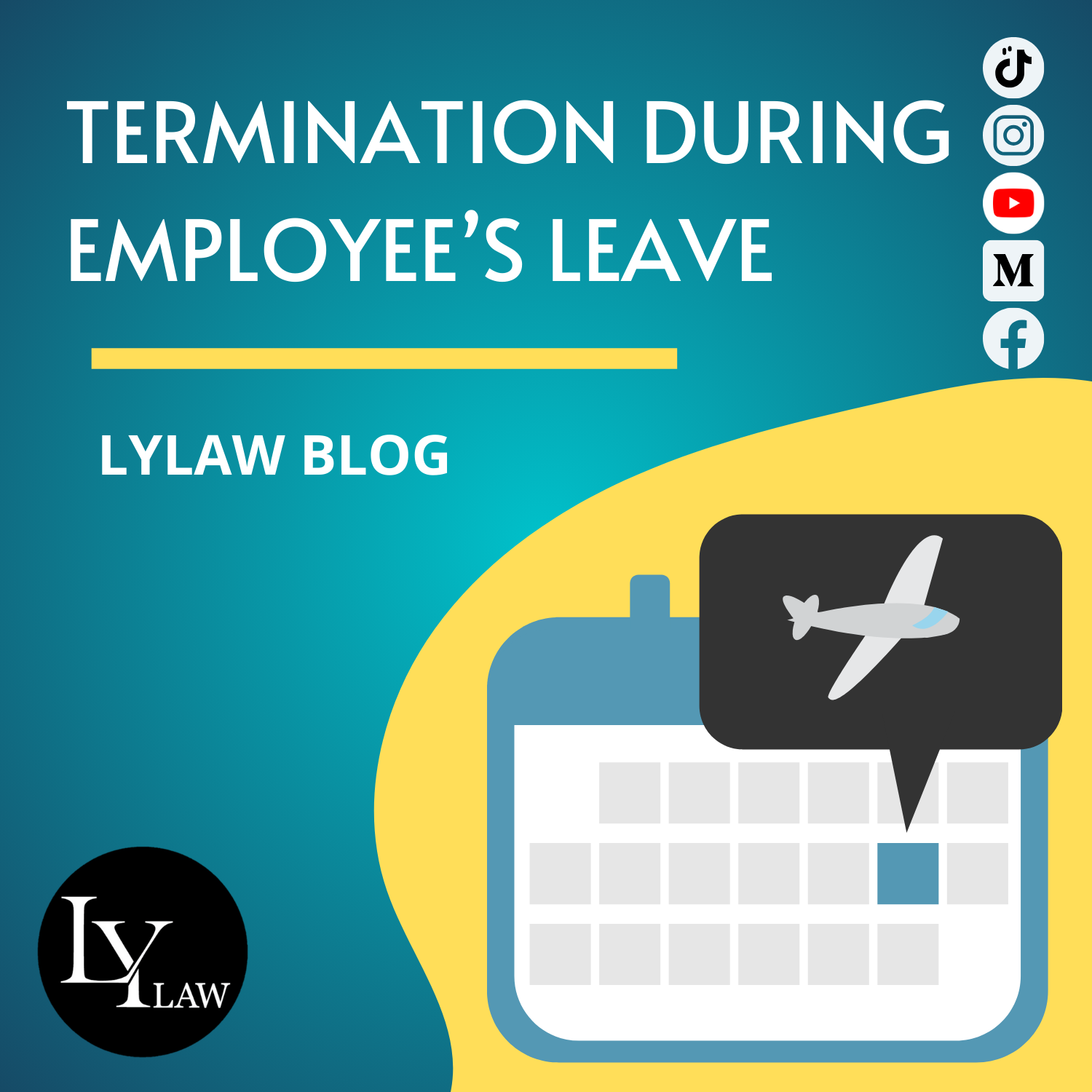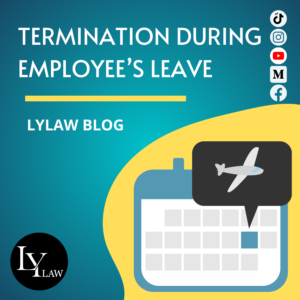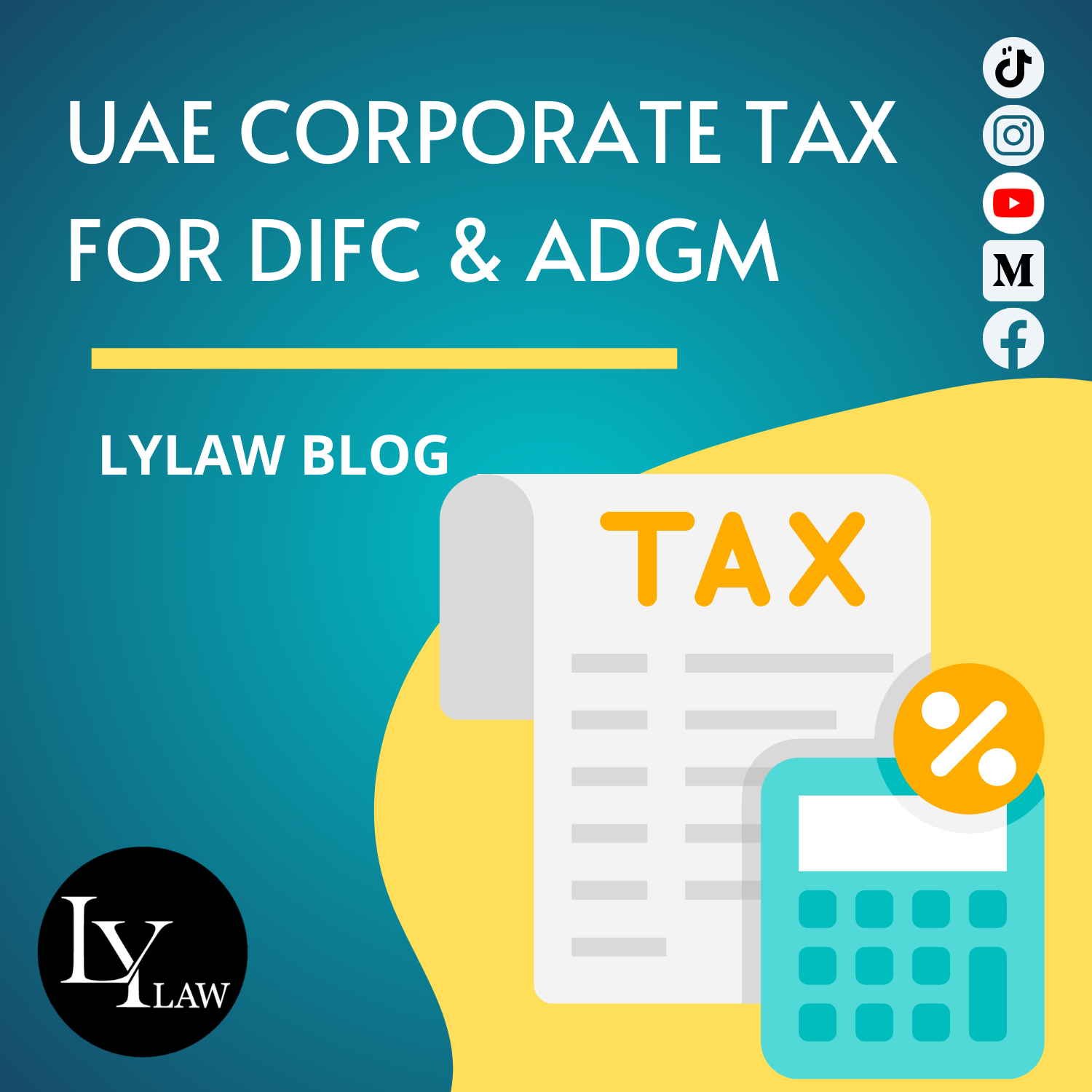Notice Period in UAE Employment Law

The Notice Period in the UAE, under the UAE Employment Law is a minimum of 30 days.
Importantly, this is a statutory minimum period.
Which means that, even if the employment contract does not specify a Notice Period, the law obligates employers to provide employees a minimum of 30 days-notice.
Or, if the company does not wish for the employee to serve the 30-day notice, it must compensate the employee for the value of that notice period.
Furthermore, as per the current UAE Employment Law, the maximum duration of the Notice Period is 90 days.
This is in line with the Article 43 of the UAE Employment Law, which is Law No. 33 of 2021.
Facebook
Twitter
LinkedIn
WhatsApp

